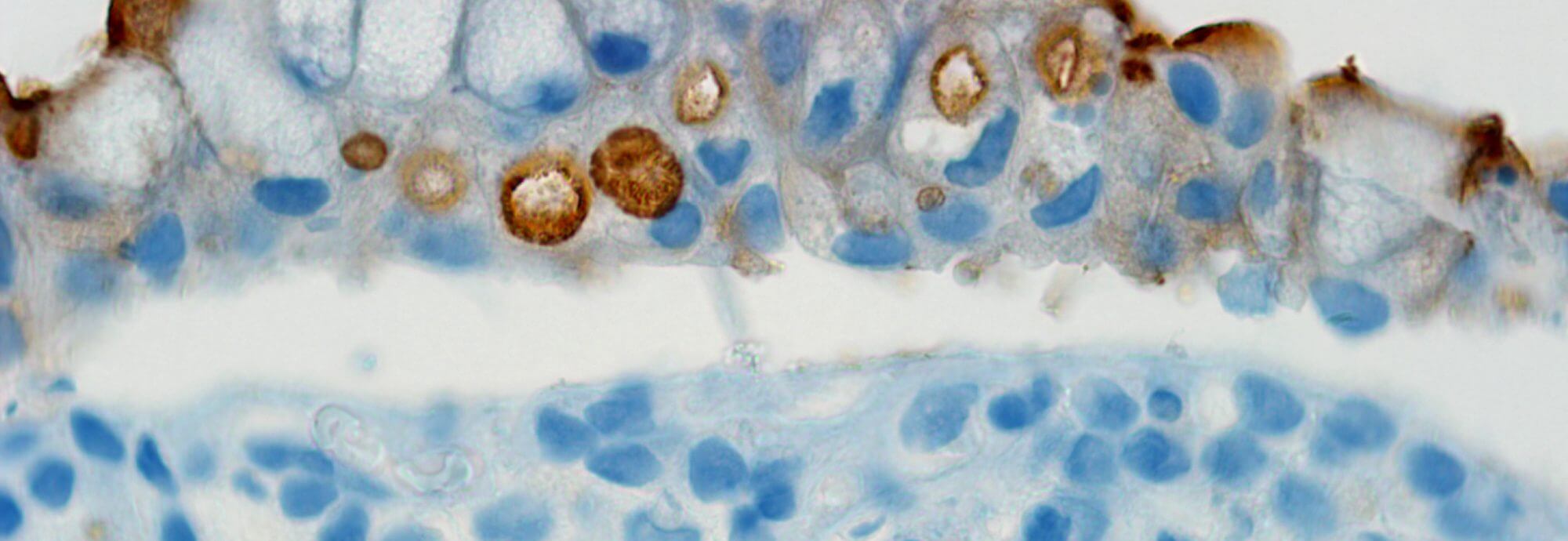
Help us: Improve the care of children with congenital diarrheas

Help us: Advance research in CoDE disorders

Help us: Develop tools for the scientific community
Congenital diarrheas and enteropathies (CoDEs) are severe diseases that are often associated with a significant economic burden of diagnosis and treatment. In this analysis by Sari Acra and colleagues, they discuss the costs involved in delayed diagnosis and the importance of expert evaluation and early genetic testing.
Mutations in the gene TTC7A cause intestinal and epithelial defects and a severe early onset intestinal disease. Using a cell-based drug screen and validation in a zebrafish model of disease Aleixo Muise and colleagues discovered that the FDA-approved drug Leflunomide may reverse cell and organ defects seen in TTC7A disease. In collaboration with Jay Thiagarajah and colleagues Leflunomide was found to also reverse changes in patient-derived cells, suggesting that the drug may be repurposed for the treatment of TTC7A disease.
Mutations in the gene MYO5B cause the congenital diarrheal disease, microvillus inclusion disease (MVID). Using a mouse model of MVID, Jim Goldenring and colleagues found that administration of Lysophosphatidic Acid (LPA) which is found in many common foods is able to reverse some of the epithelial changes seen in MVID mice.
Thinking about participating in a clinical study? See if one of our locations is near you!